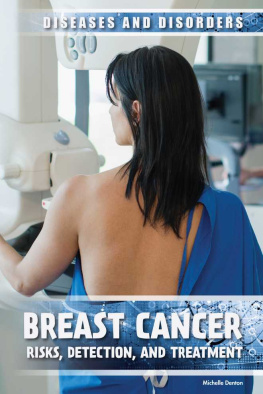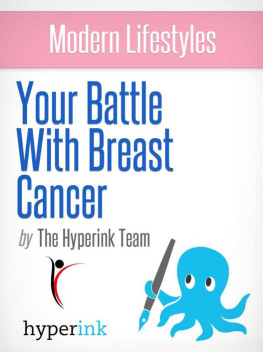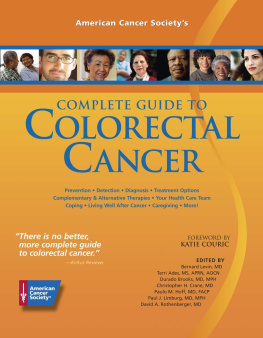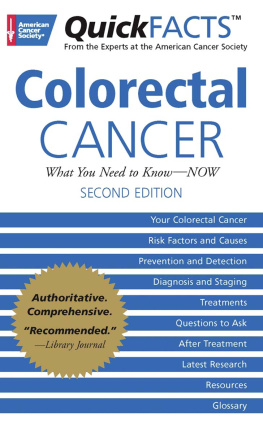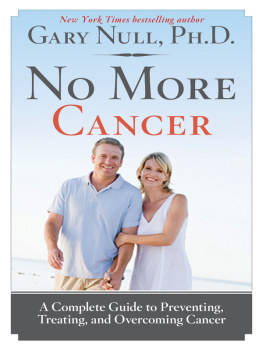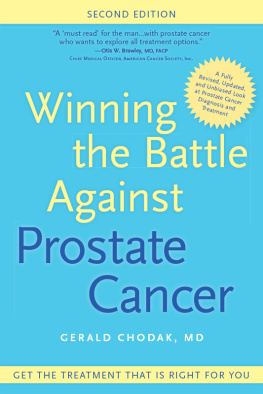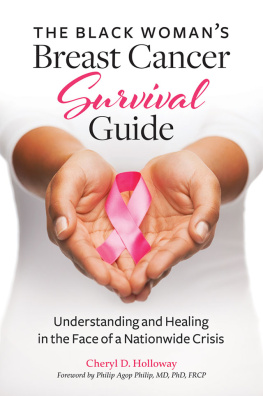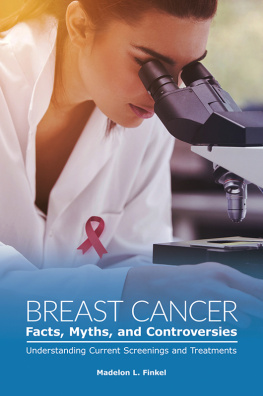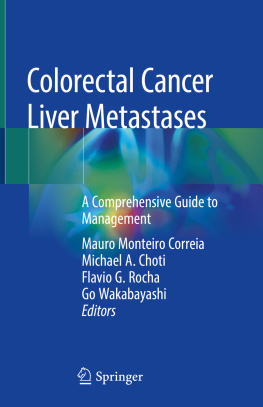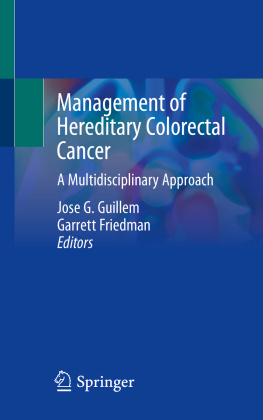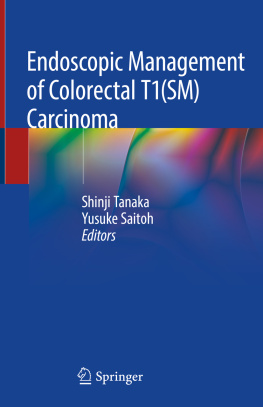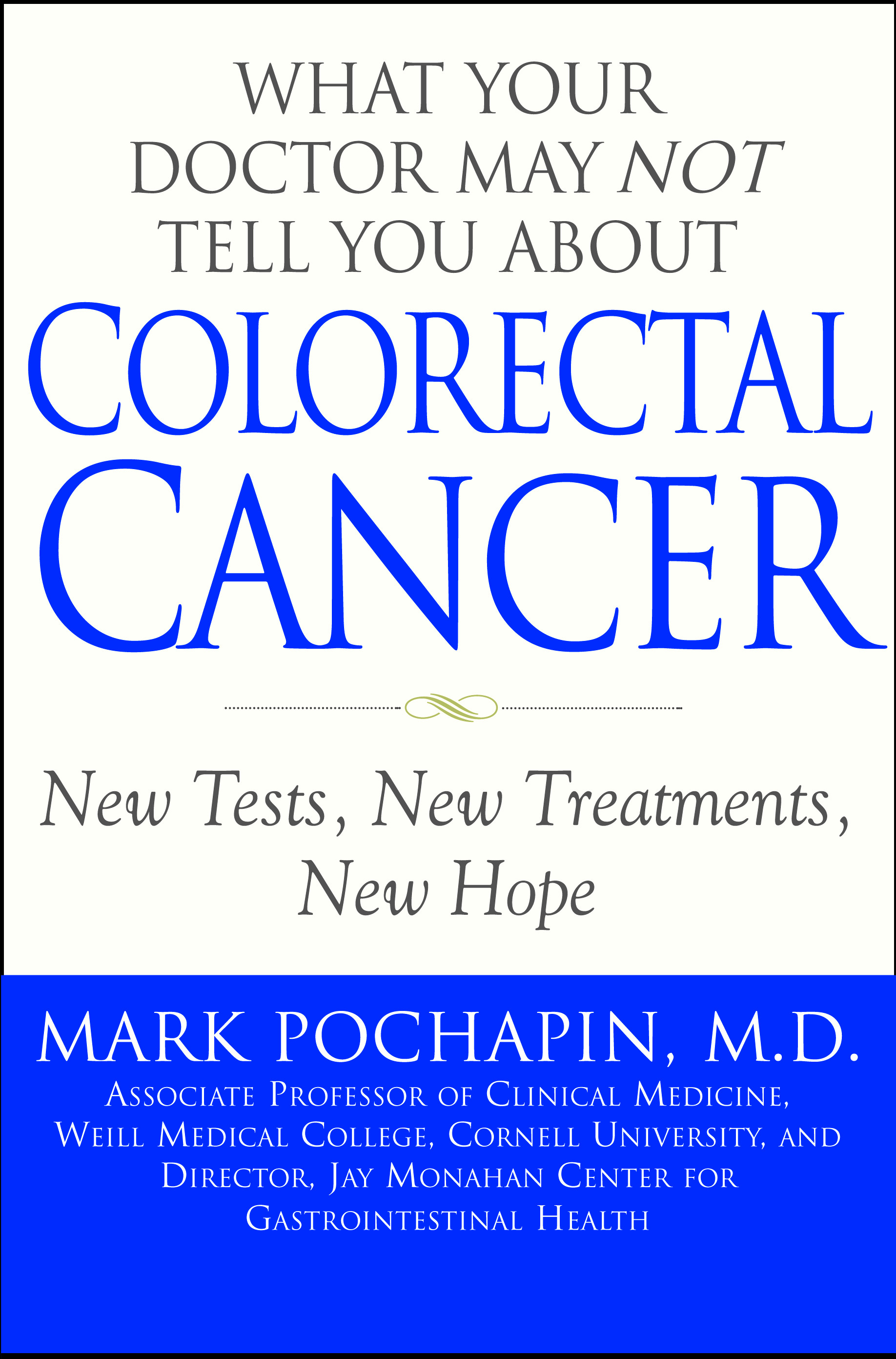Copyright 2004 by Mark Pochapin, M.D.
All rights reserved.
The title of the series What Your Doctor May Not Tell About... and the related trade dress are trademarks owned by Warner Books and may not be used without permission.
Warner Books
Time Warner Book Group
1271 Avenue of the Americas, New York, NY 10020
Visit our website at www.twbookmark.com.
Printed in the United States of America
First eBook Edition: March 2004
ISBN: 978-0-759-50893-4
This book is written in loving memory of my mother, Sandra Pochapin-Kohn, who passed away after the first manuscript of this book was completed. My mother provided me with what Hodding Carter called roots and wings. Roots refers to the family love, values, and traditions that provide the foundation for life. Wings are the education, guidance, and support my parents provided that allowed me to take off and explore the wonder of creation and experience the joy of a family of my own.
This book is dedicated to my wife, Dr. Shari Midoneck Pochapin, and my two boys, Steven and David Pochapin. Thank you for putting up with my hectic schedule and long hours at work on this book. Shari, you have taught me that together, for better or for worse, is always better. Steven and David, you have shown me that lifes most beautiful word is Daddy. Thank you all for giving me the gift of your unconditional love. It is my ultimate source of happiness.
There are so many people whom I would like to recognize for the roles they played in creating this book and adding to my personal and professional growth. Although the list is quite extensive, there are still so many others not on the list who also deserve to be mentioned. However, my editors told me that the acknowledgments couldnt be longer than the text!
To Katie Couric and her associates:
Katie, you have demonstrated that the desire to help others can make a profound positive impact on peoples lives, even after suffering such a tragic personal loss. By dedicating yourself to colon cancer awareness, you have saved more lives than any physician. Thank you for your help, dedication, and friendship. May the memory of Jay Monahan live through your children and all the good that you have done for others.
Lisa Paulson, the president/chief executive officer of the Entertainment Industry Foundation and National Colorectal Cancer Research Alliance: Thank you for all your help in creating the Jay Monahan Center and your dedication to raising awareness and funding for cancer education and research.
Kathleen Lobb: Thank you for your endless assistance with every minute detail of the Jay Monahan Center and this book.
To my editors and colleagues who actively participated in the creation of this book:
John Ahern, Lynn Sonberg, and Maggie Robinson were instrumental in the writing, drafting, organization, and production of this book. Thank you for helping me put into words the lifesaving information about colon cancer.
Tamar Wallace, the director of outreach and education at the Jay Monahan Center for Gastrointestinal Health: Thank you for reading every word of the manuscript with interest and purpose to ensure the highest quality and most accurate information.
My office staff, including Nurit Waldman, Annette Ocasio, and Toral Shah: Thank you for keeping me organized and focused, and for allowing my practice to run smoothly.
Dr. Ira Jacobson, the chief of the division of gastroenterology and hepatology at Weill Medical College of Cornell University. Thank you for your leadership and friendship.
The Jay Monahan team of physicians, including Dr. Felice Schnoll-Susman, for help on the hereditary chapters, Dr. Michael Lieberman for reviewing the surgical chapter, Dr. Scott Wadler for his assistance on the oncology chapters, Dr. Lydia Petrovitch for her assistance on the pathology section, and Dr. Sidney Winawer for his comments on the screening recommendations. Thank you for assuring accuracy and completeness.
Rachel Zinamarn, an outstanding cancer nutritionist at Memorial Sloan-Kettering Cancer Center. Thank you for saving the nutrition chapters. Your input, guidance, revisions, and menus were invaluable.
To my family:
My late father, Stuart William Pochapin, taught me the value of human life and the fun of never growing up.
My sister, Margie Bissinger who demonstrates the beauty of having a sister to share in friendship, joy, and sorrow.
My second set of parents, Al and Estelle Midoneck: Thank you for treating me like a son and entrusting to me your beautiful daughter.
My grandparents: Nanny Poe, who taught me the importance of moments and the power of goodness; Grandma Ruth, who sparked my interest in medicine and always had confidence in me; and Papa Sam, who demonstrated that kindness, gentleness, and a sense of humor are virtues that enrich everyone.
My Aunt Rita and Uncle Phil Rosen showed me by example the importance of family gatherings, giving to charity, and dedicating your life to something you believe in.
My Aunt Shelly and Uncle Ron Goldman have always treated me like a son and showed me how much fun life can be.
To my mentors:
Drs. Joe and Jean Sanger, who were the first to enrich my life with science and give me the opportunity for research at the marine biological laboratory in Woods Hole, Massachusetts.
Dr. Leslie Bernstein, who taught me that regardless of how prestigious your title, no individual is more important than another and that medicine is always filled with wonder.
Dr. Laurence Brandt, who taught me that holding a patients hand is sometimes more important than examining it.
Dr. Ralph Nachman, the chairman of medicine at Weill Medical College of Cornell, who choose me to be his chief medical resident and showed, by example, how exciting medicine can be from bench to bedside.
To my patients:
Thank you for entrusting me with the responsibility for your health. You have shown me that no disease can ever eradicate the love for one another or defeat the human spiritit only strengthens it!
M y husband Jay was a successful, health-conscious man who watched his diet, exercised regularly, and never smoked. When he was diagnosed with advanced colon cancer at the age of forty-one, we were stunned and devastated.
Before Jay became ill, we had never given colorectal cancer screening a second thought. We didnt know that colorectal cancer is the second leading cancer killer in the United States. We didnt know the fatigue and other vague symptoms Jay felt were signs of colorectal cancer. We didnt know that colorectal cancer is 90 percent curable when found early and, with regular screening, nearly completely preventable.
During Jays illness, we were fortunate to be under the care of Dr. Mark Pochapin, a highly esteemed gastroenterologist at New York-Presbyterian Hospital/Weill Cornell Medical Center. We learned that colorectal cancer begins with a small noncancerous growth (called a polyp) in the colon or rectum that, over time, can sometimes turn into cancer. Through a simple screening test, polyps can be detected and removed before they become cancerous. Unfortunately, Jays disease had progressed to an advanced stage by the time it was detected and thus was very difficult to treat.
Mark provided not only the medical expertise of a skilled physician, but also the compassion and caring of a friend, offering guidance and support throughout Jays diagnosis and treatment. After Jay died, I decided we could and must prevent others from experiencing the loss my family has endured. Why is this preventable disease being allowed to claim the lives of so many men and women, husbands and wives, mothers and fathers, brothers and sisters, friends and loved ones? Why didnt we know about the risk factors and screening tests before it was too late? These were the considerations that prompted me to talk about colorectal cancer screening on NBCs


